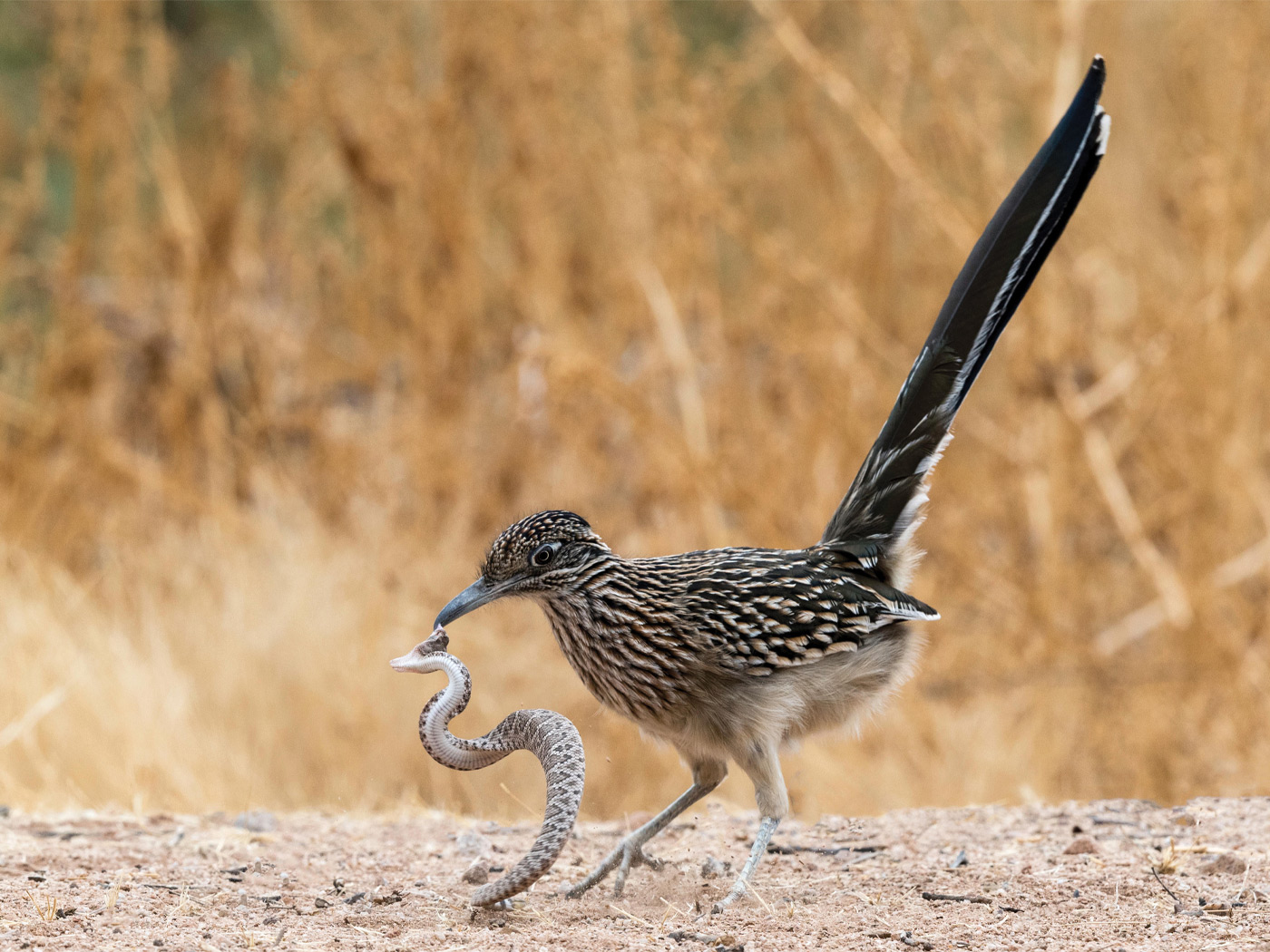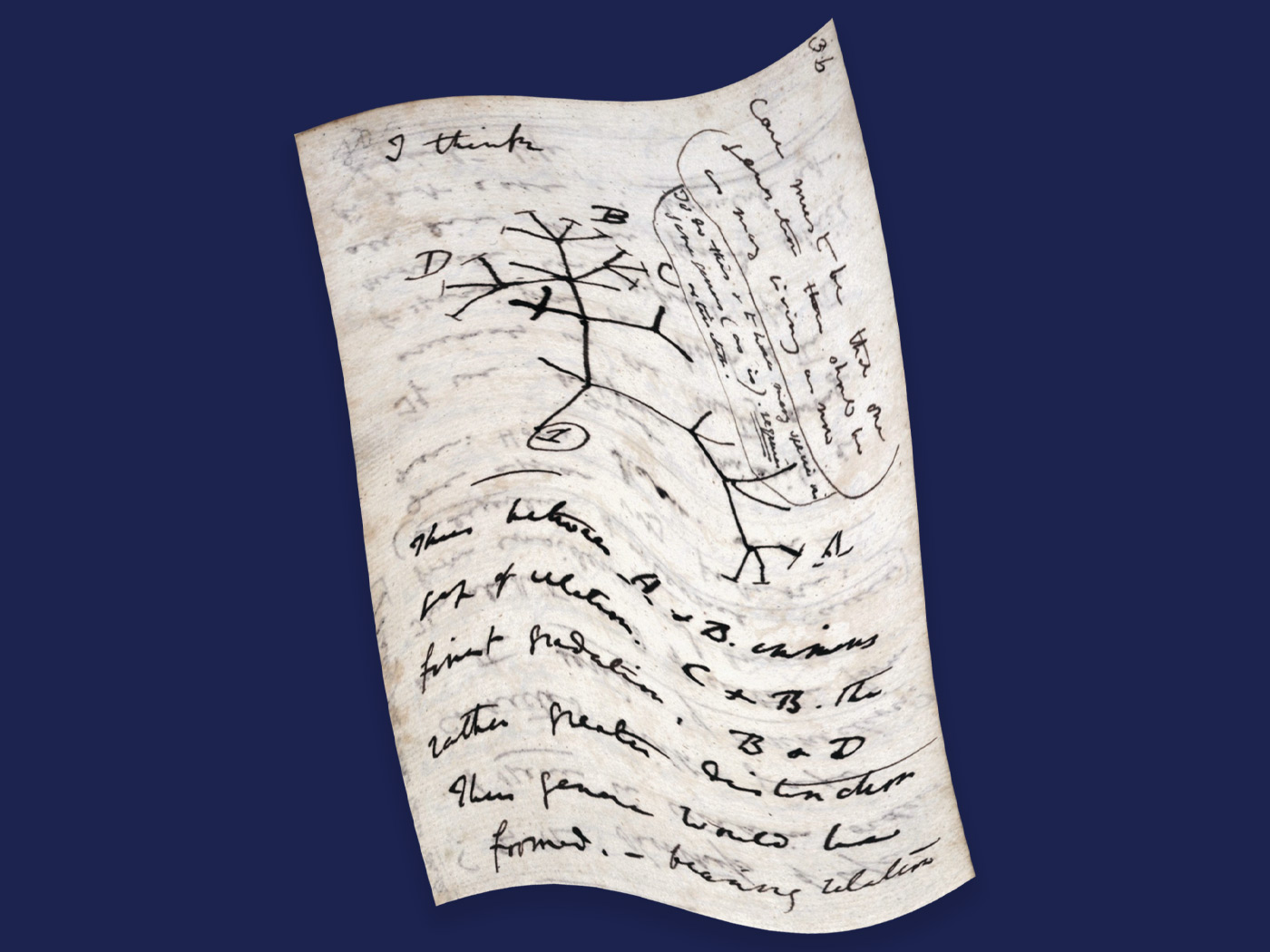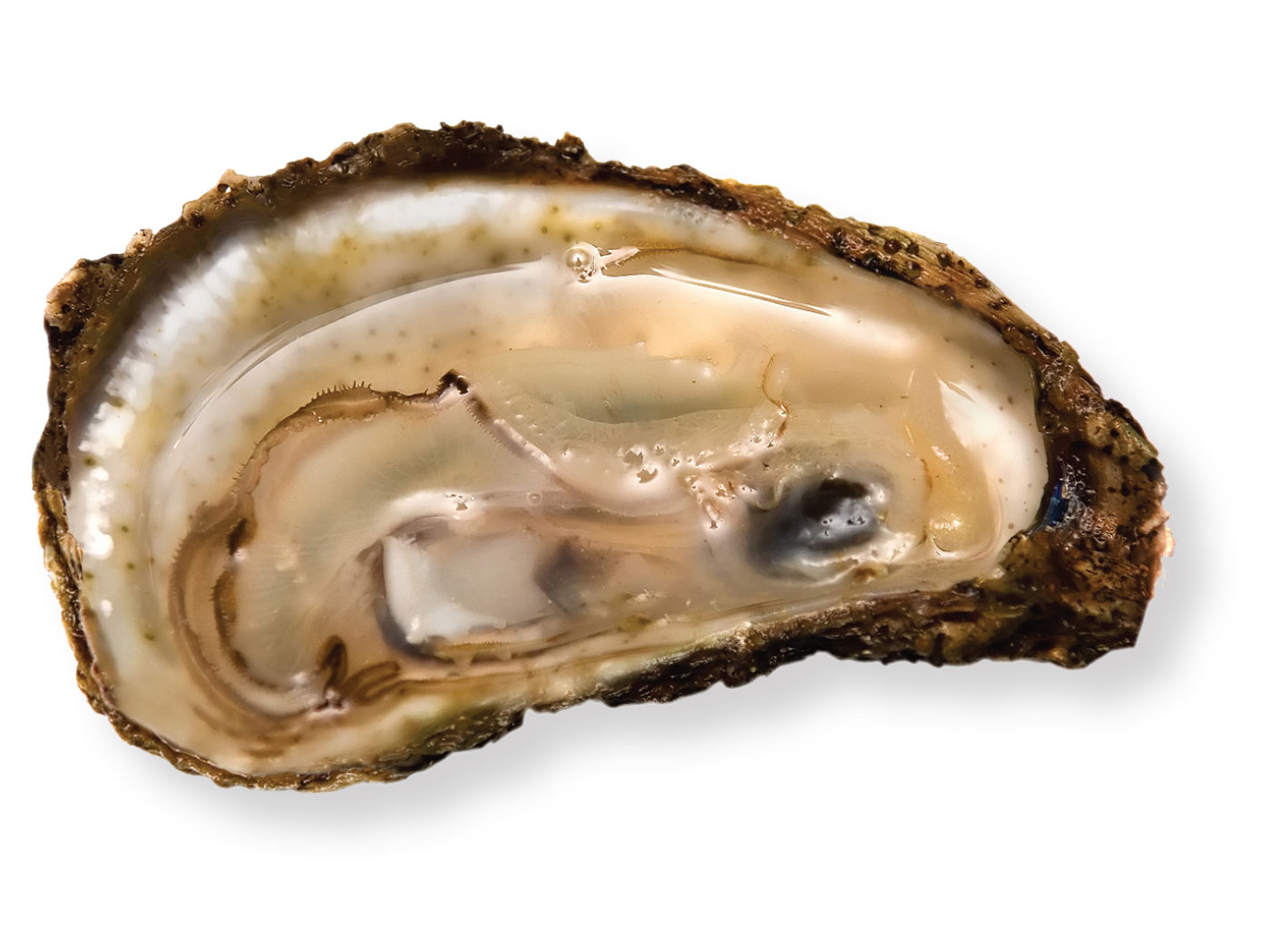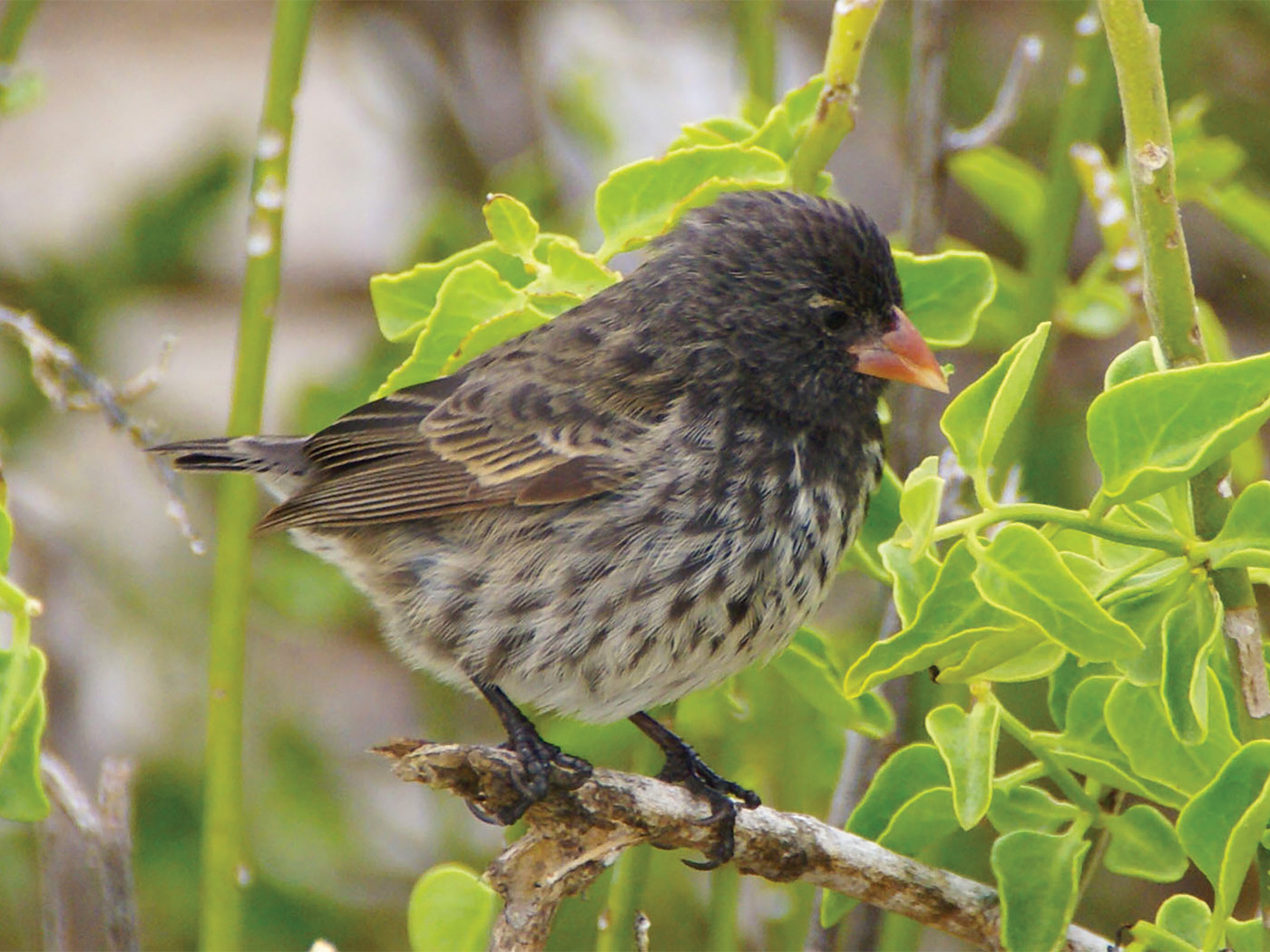“Without understanding, covenantbreakers, without natural affection, implacable, unmerciful.” (Romans 1:31)
The phrase “without natural affection” is the translation of one Greek word, astergeo. It was a characteristic of many pagans of the ancient world. Significantly, it is also prophesied to be a characteristic of the humanistic pagans of the end-times. “In the last days . . . men shall be . . . without natural affection” (2 Timothy 3:1-3). These are the only two occurrences of this word in the New Testament.
The word stergeo (“natural affection”) is one of four Greek words for “love,” but it is never used at all in the New Testament. It refers to the natural love that members of the same family have for each other. It is such a common characteristic of all peoples that there was apparently no occasion to refer to it at all—except when it is not present, when people lose their instinctive love for their own parents and children and thus are “without natural affection.” One thinks of the widespread abortion of these last days, as well as the modern breakdown of the family in general.
Another Greek word for “love” is eros, referring to romantic love, or passion. Like stergeo, eros also is never used in the New Testament. The other two words, however, are used frequently. Phileo, referring to “brotherly love,” occurs over 30 times. It indicates fondness, based on a community of interest with the person or persons so loved.
The fourth “love” word, of course, is agape, which is used over 300 times. This is the type of love called out of one’s heart by the preciousness of the object loved, the love that impels one to sacrifice his own interests for the benefit of the person loved. This is the love of Christ, who “loved me, and gave himself for me” (Galatians 2:20). And this is the love generated by the Holy Spirit in the believer, for “the fruit of the Spirit is love” (Galatians 5:22). HMM



















